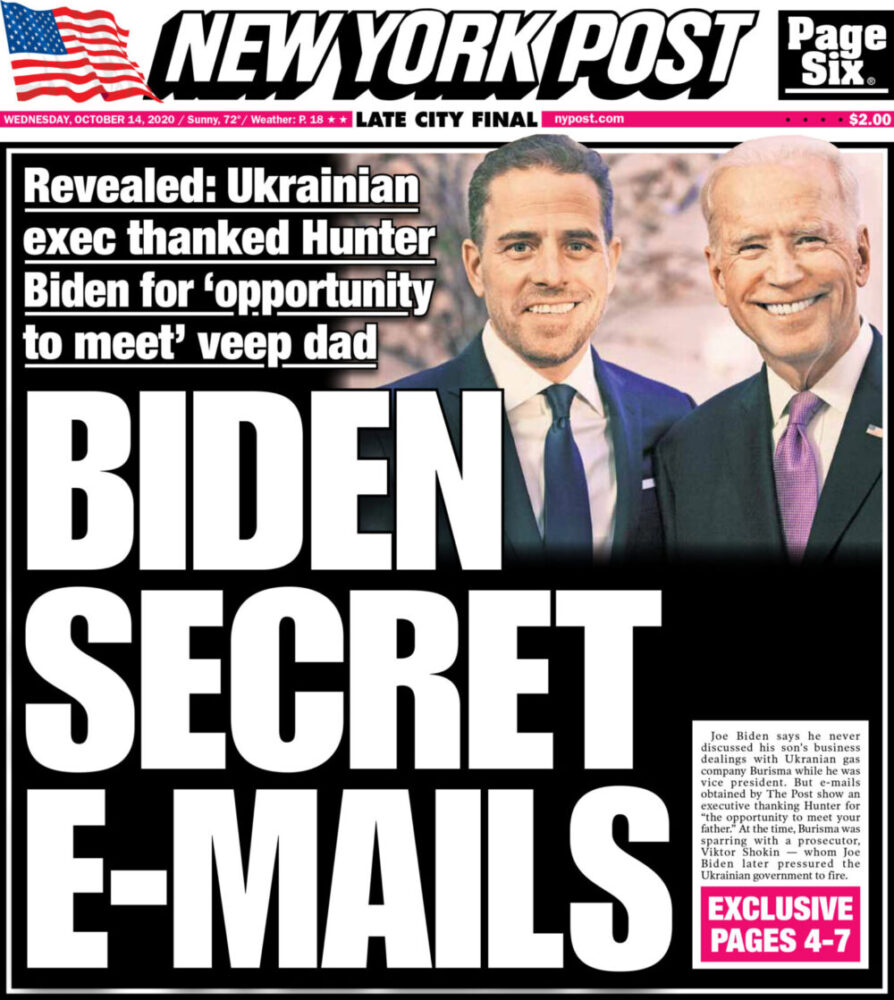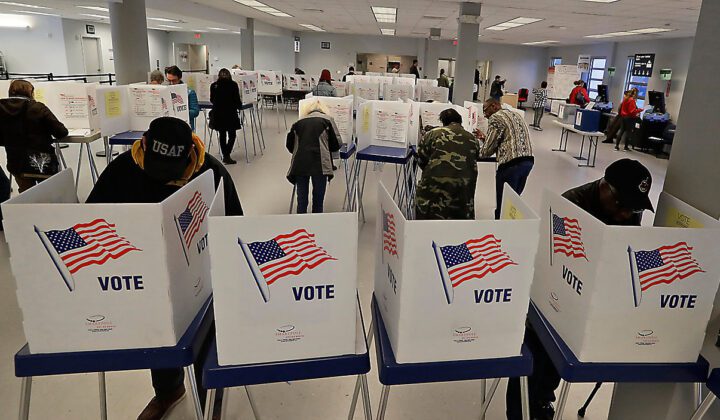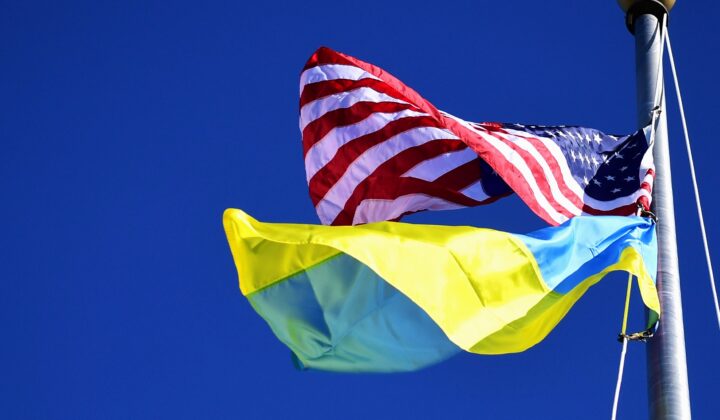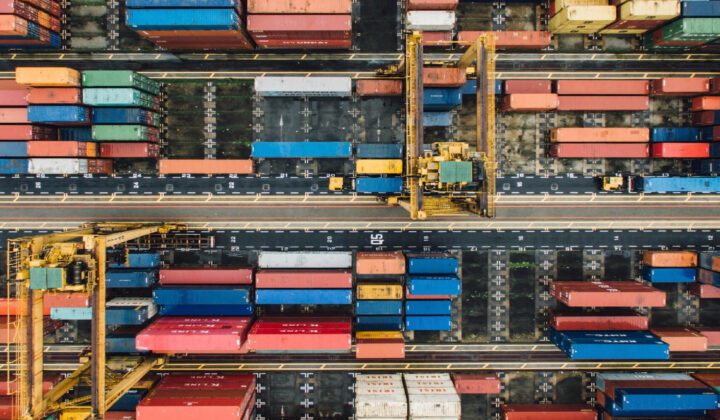Giuliani’s “October Surprise”: The Return of Yellow Journalism?
On Wednesday, Oct. 14, the New York Post published a more than dubious story detailing supposedly damaging emails and photos allegedly obtained from laptops owned by Hunter Biden. Rudy Giuliani was the Post’s main source, claiming to have received the emails and photos from a computer shop in Wilmington, DE after Biden allegedly forgot to pick up the laptops (or even pay for the repairs).
The Post story highlighted a “smoking-gun email” purporting to show that Hunter Biden arranged a meeting between his father (who was Vice President at the time) and an advisor to Burisma, the Ukrainian gas company whose board Hunter served on.
The New York Times, the Washington Post, the Wall Street Journal, and CNN have been unable to verify the story, and an article by Business Insider’s Sonam Sheth details why it is believed to contain false information.
Many of the details of this story remain unclear. However, on Monday, more than 50 former senior intelligence officials signed a letter saying “our experience makes us deeply suspicious that the Russian government played a significant role” and that it has “all the classic earmarks of a Russian information operation.” Their suspicions center on Giuliani: he traveled to Ukraine during Trump’s impeachment proceedings to find compromising information on Biden, has repeatedly met with a Russian asset, and President Trump has been warned that Giuliani may be a conduit for Russian disinformation.
American intelligence analysts had also predicted in September that “Burisma material would be leaked alongside forged materials in an attempt to hurt” Joe Biden. Leaking forged emails alongside authentic Burisima information would be akin to a Russian operation that took place before the 2017 French elections, when hackers released a mix of real and fabricated emails.
1. Is the New York Post the new Wikileaks?
No; in some ways, this may be even worse. Unlike Wikileaks, which purports to be an unedited repository of leaked information (one frequently tied to Russia), the New York Post is a mainstream news outlet. This entails a duty to journalistic norms that involve vetting information and making decisions about what is fit to print. Publishing this highly questionable, politically charged account so close to the election is arguably in violation of its journalistic responsibility. Importantly, the main author of the story refused to put his name on it, Post staff subsequently questioned the legitimacy of the hard drive’s contents, and the newspaper ultimately included in the by-line someone who did not write the article and did not know they would be listed. These are actions of a propaganda mill, not a legitimate newspaper. In contrast, though still a questionable decision, when Buzzfeed News published the disputed Steele dossier in 2017, they explicitly emphasized the unverified and perhaps incorrect nature of the allegations.
This incident highlights a sad state of affairs in American democracy, in which a beloved former mayor and an opportunistic major newspaper are taking part in sensationalist yellow journalism and possibly even, perhaps unwittingly, a foreign influence campaign.
2. What role did social media play in all of this?
Facebook suppressed the story while it evaluated the accuracy of its claims, and Twitter temporarily banned users from sharing it before later reversing its decision. Both companies have received backlash from conservatives accusing them of politically biased censorship, and as of Wednesday, the Post still appears to be locked out of their Twitter account.
Facebook and Twitter have been thrust into critical roles in our democracy, and must decide whether they are impartial intermediaries for the exchange of information or arbiters of truth in public discourse. With the looming threat of more questionable stories, foreign infiltration, deepfakes, and disputed election results, these companies will continue to be in the spotlight. Both companies have performed extensive drills in preparation for any number of 2020 Election scenarios ranging from hacked information leaking to foreign interference, but ultimately they are going to have to make incredibly difficult decisions as some hypotheticals cease to be hypothetical.
____

Protests Continue to Inspire in Belarus but Lukashenko Remains in Power
Protests against incumbent president Alexander Lukashenko in Belarus continued this weekend, with more than 50,000 people marching in Minsk on Sunday. Since the disputed election on August 9th, tens to hundreds of thousands of people have peacefully taken to the streets every weekend to protest: every Saturday a march for women, every Sunday a general march against the regime. Smaller demonstrations have sprung up around the rest of the country. Meanwhile, Lukashenko’s regime has continued to escalate the situation, recently threatening to use “lethal weapons” on protesters. Thousands have already been arrested, imprisoned, beaten, tortured, and some even killed. In addition, all foreign journalists had their accreditations revoked.
However, opposition leaders have remained steadfast. When authorities tried to deport the imprisoned Maria Kalesnikava, the last of the three main opposition leaders still in Belarus, she tore up her passport before they could. And on October 13th, Sviatlana Tsikhanouskaya, the opposition candidate many believe won the August 9th election, issued an ultimatum: that Lukashenko announce his resignation, that security services stop using violence against peaceful protesters, and that all political prisoners be released. Otherwise, “the entire country will peacefully take the streets with the People’s Ultimatum. And on October 26, a national strike of all enterprises, the blocking of all roads, and a collapse in sales at state stores will begin.”
1. Where do we go from here?
It’s very difficult to predict. In August, many workers held limited strikes, including 300 employees of Belarusian state Television, who staged a walkout in protest of censorship. But we simply don’t know how many people are willing to participate in a general strike moving forward. In an interview, Tsikhanouskaya claimed that the decision to issue an ultimatum was made in coordination with her advisors, other opposition parties, protesters, and workers.
The threat seemed to prompt action from Lukashenko, who decided to hold a meeting with prominent imprisoned opposition members. Kalesnikava was notably absent. It’s unclear exactly why Lukashenko did so, but the former British Ambassador to Belarus called it “unprecedented,” and suggested it “shows a lack of confidence on his part.” Others suggested that he’s simply trying to split the opposition by holding show talks with imprisoned politicians.
2. What are Russia and the West doing?
Russia has fully backed the regime. They placed Tsikhanouskaya on a wanted list, formed a new reserve police force, and signed a $1.5 billion loan agreement to prop up Lukashenko. They’ve also sent covert intelligence officers, cyber-operatives, media consultants, propagandists, and security advisers. At the moment, the protests aren’t anti-Russian in nature, so Moscow is hesitant to do anything that would ensure they become that way (like using their military overtly).
On the other hand, the West has been far slower in aiding the opposition than the Russians have been to support the regime. It’s true that Tsikhanouskaya has met with some European leaders, notably Emmanuel Macron and Angela Merkel. The USA and EU refused to recognize the election results, and both eventually put sanctions in place. However, it wasn’t until October 12 that the EU finally applied sanctions to Lukashenko himself. But even then, they extended an olive branch to him, promising not to follow through if he engages in constructive dialogue with the opposition. It is incumbent upon free nations to support peaceful protesters fighting for their rights, whether that be through tougher sanctions, more forceful dialogue, or other incentive structures.
U.S. Vote Foundation Educates Americans on All Elections, Big or Small
Guided by the founding principle “Every Citizen is a Voter,” the U.S. Vote Foundation is a non-profit committed to providing Americans, no matter where they are located in the world, with comprehensive online tools for navigating the US’s often-complicated voting system. By setting up a Voter Account on their website, users gain access to their own personal “democracy dashboard” where they can check their registration, request an absentee ballot, or reach out directly to their local election officials.
One of U.S. Vote Foundation’s initiatives, Overseas Vote, ensures that American citizens living outside our borders—for example, members of our armed forces or college students studying abroad—are able to easily request their absentee ballots and remain civically active. Troubled by the difficulty and complications involved in requesting an absentee ballot, the U.S. Vote Foundation has designed its online resources to make the process simpler and more straightforward.
In addition to creating personalized Voter Accounts, the organization also provides well-organized answers to common voter questions about cancelling an absentee ballot request, ballot tracking services, how to return a completed absentee ballot, early voting dates, among other important information. With simple charts mapping out different states’ policies to all these different scenarios, U.S. Vote Foundation allows users to quickly locate their own state’s answer while also seeing how it compares with the rest of the nation.
How can YOU use U.S. Vote Foundation’s resources today?
U.S. Vote Foundation provides a number of helpful resources on their website. These include:
—Register to Vote: helps you fill out the proper paperwork all online to register to vote or request your absentee ballot.
—Election Dates and Deadlines: relevant deadlines for each step in the voting process.
—State Voting Requirements: each state’s voting requirements and information on how to vote.
—Voting Methods and Options: list of every method of voting possible in each state.
—Election Official Directory: contact information for your local elections official.
—Voter Help Desk: frequently asked questions on every voting topic imaginable.





